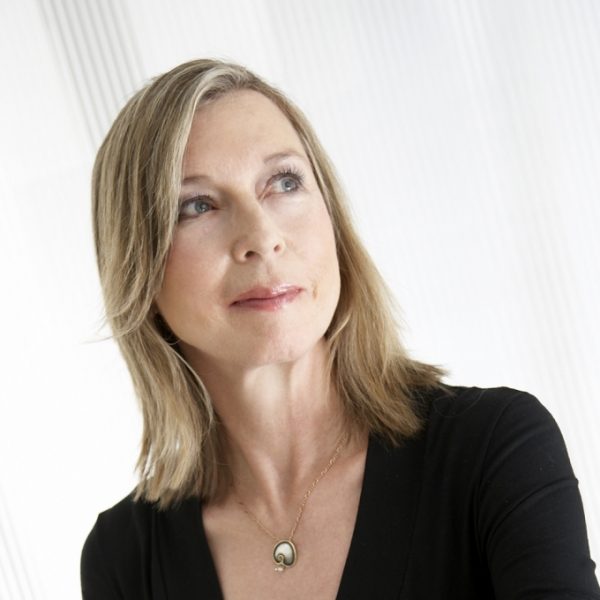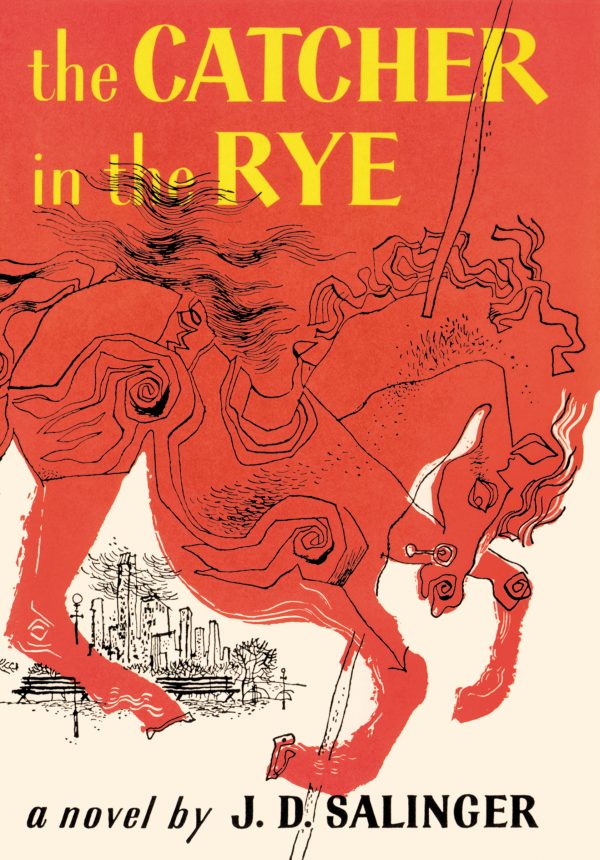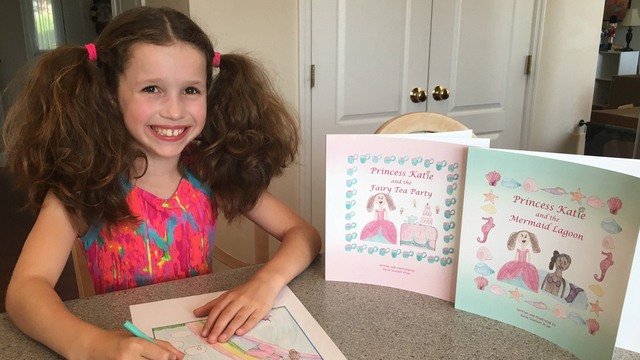We’ve all joked about books being like a best friend- but fiction actually can help to break down social isolation and produce a sense of belonging in the way that friendship does- that’s according to novelist and former psychoanalyst Salley Vickers.
Vickers (below) argues that we can learn more about the subtleties of human psychology from literature than from the likes of Freud and Jung. That isn’t to say that these great psychologists don’t convey some wisdom, but fiction is what truly manages to illuminate the hidden recesses of our minds, in ways that only a book can.

Source: British Council
One way a book can do this is by making us feel a little less alone. As Vickers explains: “A great novel not only enhances our understanding – more crucially it understands us.” In a world where chronic loneliness and social isolation are prevailing issues, a book’s ability to be there for us can go a long way in providing companionship. Naturally, the community experience of a book club is a clear way to combat such isolation. This has been demonstrated with The Shared Reading project, organized by the Reader Organisation, which found that reading in groups significantly “improves self-confidence and self-esteem, builds social networks, widens horizons and gives people a sense of belonging, preserving the mental and physical health of those who are well and building mental resilience.”
But according to Vickers, reading alone can be just as beneficial. As articulated by the alienated Holden Caulfield in JD Salinger’s The Catcher in the Rye: “What really knocks me out is a book that, when you’re all done reading it, you wish the author that wrote it was a terrific friend of yours and you could call him up on the phone whenever you felt like it.” This is the idea that we see our favorite books as our close friends- because in many ways they are.

Source: Amazon
Immersion in a fictional society seems to promote many of the rewards of immersion in actual society: among other benefits, it encourages escape from the self. Books allow us to explore different worlds and places, but also the less remote but equally distant lives of those of different faiths, genders, and those with differing sexual preferences. This lets reading lead us into new territory, to a place where we can truly learn.
To get outside the confines of our individual egos is a liberating experience for anyone- if only for a few pages. Another element of this is that a book can often understand us in our darkest moments, making us feel a lot less alone. Take Charlotte Brontë’s Villette, for example. Its hero, the emotionally repressed Lucy Snowe – plain, lonely, angry, and desperately striving to be self-sufficient – suffers a painful breakdown as a result of weeks of solitariness during her time as an English teacher in a Belgian school. This acts as a lifeline for those who have suffered in similar silence, conveying the sentiment of not being quite alone in the world.
Such an experience of the book reaching out to the reader can be infinitely valuable to anyone finding it difficult to navigate life and it’s complexities.
Salley Vickers’ latest novel, Cousins, is available now.
YouTube Channel: SCSreads
Featured image via Pinterest
h/t The Guardian



